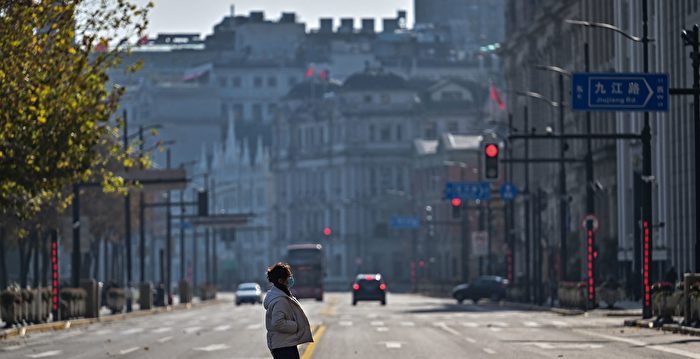Shanghai City Supermarket Closes Down Amid Continued Losses
Shanghai City Supermarket, one of the largest imported food and daily necessities supermarkets in Shanghai and the Yangtze River Delta, suddenly closed its doors on April 16, 2024. The closure came as a shock to many, as the supermarket had been a popular destination for shoppers looking for international delicacies.
According to a notice circulated by the supermarket, ongoing operational difficulties and sustained losses were cited as the reasons for the closure. The company stated that despite taking various self-rescue measures, it had become unsustainable to continue operating. As a result, all stores under the Shanghai City Supermarket brand ceased operations on April 16.
Employees of the supermarket were assured that their salaries would be calculated until April 15, 2024, and social insurance premiums would be paid up to April 2024. Any severance economic compensation would be resolved in accordance with the law after the liquidation process.
The closure of Shanghai City Supermarket is just one in a series of store closures affecting well-known chain brands in China. The retail and e-commerce industry in China has been severely impacted in recent years, with companies like Walmart, RT-Mart, Yonghui, China Resources Vanguard, and Carrefour China also experiencing partial closures.
The closure of Shanghai City Supermarket serves as a reminder of the challenges facing businesses in China’s retail sector, particularly in the wake of the COVID-19 pandemic. As consumer behavior continues to evolve and economic conditions fluctuate, businesses must adapt to changing market dynamics to remain competitive in the retail landscape.
